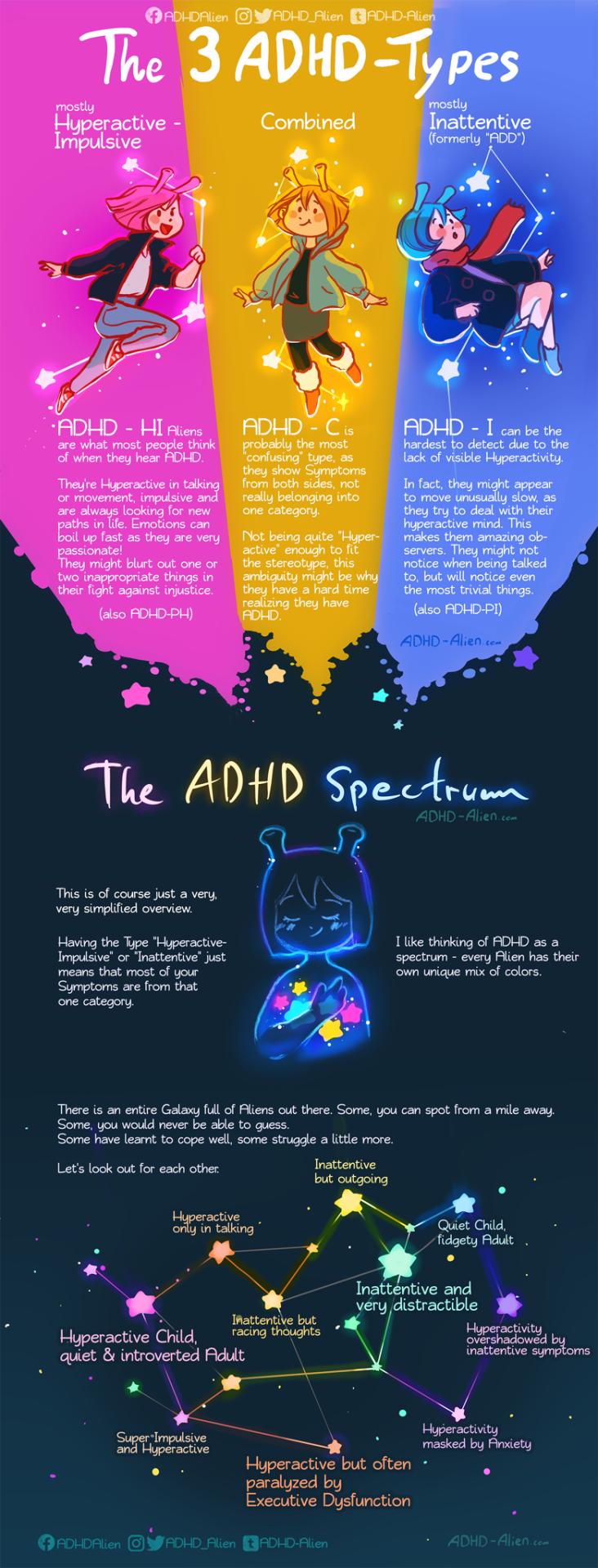Questioning if you might be autistic? Have you always known you were different and are trying to figure out why? Is professional diagnosis not an option for you (cost/stigma/bias/etc)? Then here is a list of resources to help you figure out if you are autistic.
This post is broken up into categories of resources based on subject matter. Some links may contain ableism and medicalized language but if they do they also have useful information which is why they were posted.
Self-diagnosis is a long process of reading and researching and self-reflection. A decision should not be made overnight. However, it is completely valid to self-diagnose as autistic (see the second to last section for more on this). If you are self-diagnosing, read as much as you can written by autistic people. Read their blogs and their tumblrs. Read about the autistic experience. Talk to autistic people if you are able to.
If you have questions, feel free to submit them to @autism-asks, a blog dedicated to answering questions about autism.
About Autism
- What is Autism?, in Plain Language
- What is Autism?
- What is Autism?
- The Dictionary of Autism
- Myths About Autism
- Ask an Autistic (video series)
General Autism Criteria
- DSM-V criteria
-
ICD-10 Criteria
- ASD Checklist
- DSM Criteria for Autism Explained
- Positively Autistic: A List of (Positive) Autistic Traits
- ASAN’s About Autism (With Characteristics)
- Inclusive Autistic Traits
- Simplified ASD Diagnostic Criteria
- Revised Alternative Autism Criteria (criteria written by an autistic person)
- Childhood Traits (this is from the CDC and is very medicalized)
- I Think I Might Be Autistic
- Autism Screening Quizzes
- Musing of an Aspie’s Adult Diagnosis Series
Stimming
- What is Stimming?
- Stimming 101, or: How I learned to stop Worrying and Love the Stim
- Types of Stimming
- A List of Stims
- The High Cost of Self-Censoring (or Why Stimming Is a Good Thing)
Sensory Processing Differences
- What is Sensory Processing Disorder? (video)
- Adolescent and Adult SPD Checklist
- SPD Resource Center
- Understanding Sensory Processing Issues
- Masterpost: Sensory Differences
- Sensory Sensitivities and Atypical Sensory Processing series
- How to Reduce Sensory Overload
- Processing a Sensory Overload
Shutdowns and Meltdowns
- What Does a Meltdown Feel Like?
- “Shutdown”- What it is and What it Isn’t
- Where I go When I Shutdown
- Anatomy of a Meltdown
- Shutdown: A Specific Type of Meltdown
Special Interests
- What’s so Special About a Special Interest?
- Special Interests
- How Do I Know For Sure What My Special Interests Are?
- What are Special Interests? (video)
- Examples of Special Interests
- Autism and Special Interests
Executive Dysfunction
- Executive Dysfunction
- Executive Dysfunction vs. Procrastination
- Executive Function Series
- The “Joys” of Executive Dysfunction
- 3 Symptoms of Executive Dysfunction
- Executive Dysfunction
Alexithymia
- What is Alexithymia? (video)
- Alexithymia Question
- Emotional Dysfunction: Alexithymia and ASD
- Alexithymia Questionaire
On Self-Diagnosis
- My Stance on Self-Diagnosis
- ASD Paper Diagnosis vs. Self-Diagnosis: Pros and Cons
- Yes, Self-Diagnosis Can Be Valid
- Autism Self-Diagnosis Is Not Special Snowflake Syndrome
- The Myth of “Official”: Autism and Self-Diagnosis Skeptics
Blogs By Autistics
(This is certainly not a comprehensive list of autistic bloggers. If you have any suggestions of blogs that should be added, feel free to message me)
- Autistic Hoya
- Autistic Women’s Network
- The Caffeinated Autistic
- A Heart Made Fullmetal
- Musings of an Aspie
- Neurowonderful
- Non-Speaking Autistic Speaking
- Ollibean
- A Quiet Week In The House
- Radical Neurodivergence Speaking
- StrangerDarkerBetter
- Thinking Person’s Guide to Autism
- The Third Glance
- Unstrange Mind
- We Are Like Your Child
- Yes, That Too








